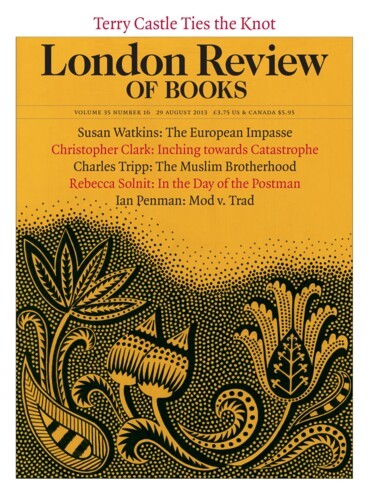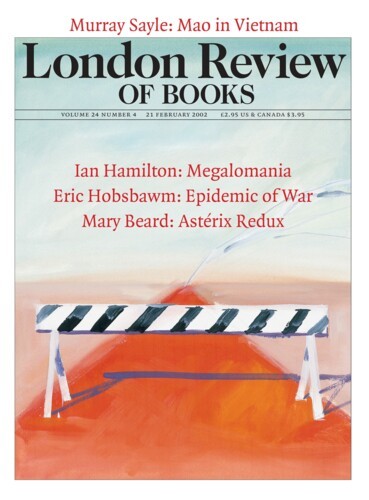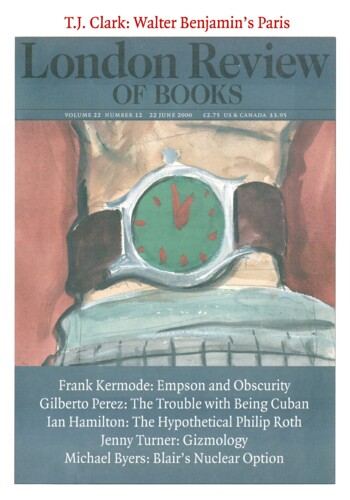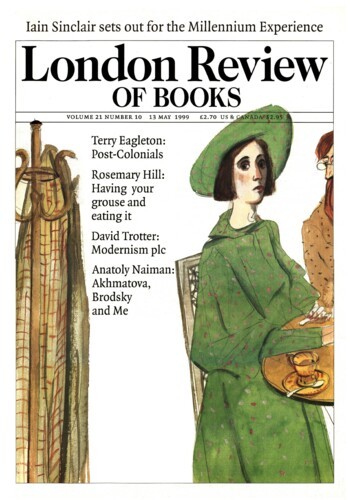Paul Lafargue drove Engels to despair. Negotiating with other French socialists over the founding of the Parti Ouvrier Français in 1881, he committed ‘blunder after blunder’ and nearly wrecked the whole thing. In 1889, charged with organising the founding conference of the Second International in Paris, he was making ‘a terrible hash of things’. Wilhelm Liebknecht, the ageing leader of the SPD, had to chase all over Paris finding lodgings for the German delegation. The hall that had been booked was far too small (four hundred delegates nevertheless squeezed in, Keir Hardie, Eleanor Marx and William Morris among them). The translating was shambolic, the resolutions so badly drafted that there was a tremendous row when it came to settling on 1 May as International Workers’ Day. Yet at the end there was a tremendous cheer for the symbolic handshake between Liebknecht and Edouard Vaillant, representing the unity of the French and German proletariats against militarism and war.
Paul Lafargue and the Flowering of French Socialism, 1882-1911 by Leslie Derfler. In 1869, the conflict between Marx and Bakunin for the leadership of the International was coming to a head, and Paul Lafargue threw himself into a year of frenetic political activity, travelling between San Sebastian, Barcelona, Saragossa, Valencia and Madrid, as Marxists and anarchists battled it out in round after round of splits, expulsions and denunciations. (Sixty years later, the same battles were to be played out more brutally and more tragically, on a much broader canvas.)




